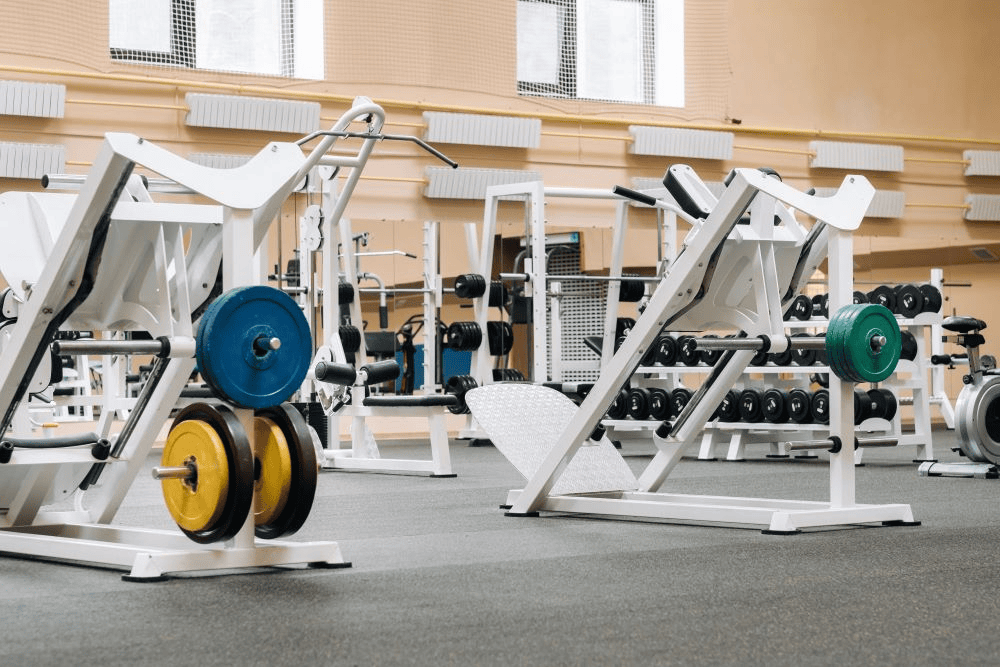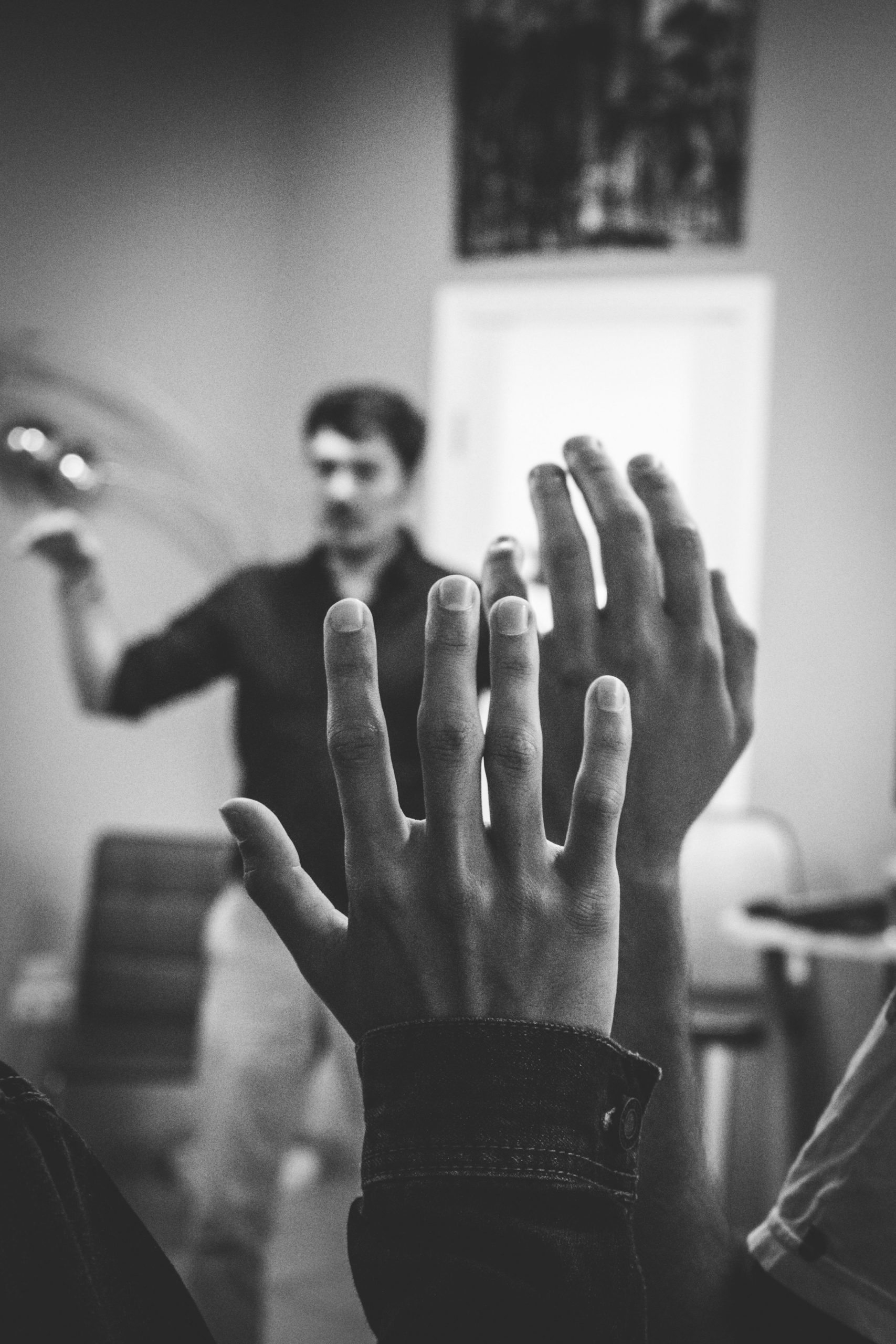
Going to the gym is a routine for many, offering a path to fitness and well-being. However, the equipment that helps you stay fit can sometimes lead to unexpected injuries. Faulty gym equipment can cause severe injuries, leading to physical, emotional, and financial turmoil. If you’ve suffered an injury due to defective gym equipment, understanding your rights and the legal avenues available is crucial. This guide will help you navigate the complexities of a faulty gym equipment lawsuit and seek the compensation you deserve.
How Can Faulty Gym Equipment Cause an Injury?
Faulty gym equipment can result in injuries in several ways:
Manufacturing Defects: These occur during the production process. A poorly assembled machine can break down unexpectedly, causing injury.
Design Defects: Even if manufactured correctly, a defectively designed piece of equipment can pose inherent risks to users.
Lack of Maintenance: Gym equipment needs regular inspection and maintenance. Neglecting this can lead to equipment failure.
Improper Use Instructions: If the gym equipment lacks proper usage instructions or warnings, users may inadvertently use it incorrectly, leading to injuries.
What Types of Personal Injuries Are Common in a Gym Accident?
Gym accidents can lead to various injuries, some of which are severe. Common personal injuries include:
Sprains and Strains: Overuse or incorrect use of gym equipment can lead to muscle and ligament injuries.
Broken Bones: Falls or equipment malfunctions can result in fractures.
Head Injuries: Falling weights or equipment failures can cause concussions or other head injuries.
Back and Spinal Injuries: Improper use of weight machines or sudden equipment failures can result in serious back injuries.
Cuts and Bruises: Defective gym equipment with sharp edges or broken parts can cause cuts and abrasions.
Who Can I File a Personal Injury Lawsuit Against?
When pursuing a personal injury lawsuit due to faulty gym equipment, several parties might be liable:
Gym Owners: Responsible for ensuring the equipment is properly maintained and safe for use.
Equipment Manufacturer: Liable for defects in the design or manufacture of the gym equipment.
Distributors and Retailers: Can be held accountable if they sold or distributed defective gym equipment.
Gym Staff: If their negligence contributed to your injury, such as not instructing proper use or failing to inspect equipment.
Can I Sue a Gym for Faulty Equipment?
Yes, you can sue a gym if you were injured due to faulty equipment. Gyms have a duty to ensure their facilities are safe for members. This includes regular maintenance and inspection of equipment. If the gym failed to meet these responsibilities, you might have grounds for a personal injury lawsuit.
How Do I Sue a Gym for My Injuries?
Here are the steps to take when suing a gym for injuries caused by faulty equipment:
Seek Medical Attention: Your health is the priority. Get immediate medical treatment and document all injuries.
Report the Incident: Notify the gym management about the accident and ensure they document it.
Gather Evidence: Take photos of the defective equipment, your injuries, and the accident scene. Collect witness statements if possible.
Keep Records: Maintain records of your medical bills, treatment plans, and any communication with the gym or gym equipment manufacturers.
Consult a Personal Injury Lawyer: Seek legal advice from experienced personal injury lawyers who can guide you through the legal process.
Can I Still Sue if I Signed a Gym Waiver?
Many gyms require members to sign liability waivers, which can complicate lawsuits. However, signing a waiver doesn’t automatically absolve the gym of liability. Courts can sometimes find waivers unenforceable if:
The gym’s negligence was gross.
The waiver was unclear or overly broad.
State laws limit the enforceability of such waivers.
A personal injury lawyer can provide a detailed analysis of your waiver and advise on the best course of action.
Is It Worth Suing a Gym for My Injuries?
Suing a gym for injuries can be worth it if you’ve sustained serious injuries that resulted in significant medical expenses, lost wages, and pain and suffering. Compensation can cover:
Medical Bills: Current and future medical expenses related to your injury.
Lost Wages: Compensation for income lost due to the inability to work.
Pain and Suffering: Damages for physical pain and emotional distress.
Rehabilitation Costs: Expenses for physical therapy or rehabilitation services.
Other Out-of-Pocket Expenses: Any additional costs incurred due to the injury.
Consulting personal injury attorneys can help determine the potential value of your personal injury claim and guide you on whether it’s worth pursuing legal action.
What Compensation Can I Recover for My Gym Injury?
The compensation you can recover depends on the severity of your injuries and their impact on your life. Potential compensation includes:
Medical Expenses: Covers all medical costs, including hospital bills, medication, and ongoing treatment.
Lost Wages: Reimbursement for income lost during recovery and, if applicable, future lost earning capacity.
Pain and Suffering: Compensation for the physical pain and emotional suffering endured.
Rehabilitation and Therapy: Costs for any required rehabilitation or therapy.
Permanent Disability: If the injury leads to permanent disability, you can claim for long-term care and loss of quality of life.
Steps to Take After a Gym Injury
If you’ve been injured due to faulty gym equipment, follow these steps to protect your rights:
Seek Immediate Medical Attention: Prioritize your health by getting the necessary medical treatment. Document your injuries and follow your doctor’s recommendations.
Report the Injury: Inform the gym management and ensure they create an incident report.
Document Everything: Keep detailed records of your injuries, medical bills, lost wages, and any communication with the gym or insurance companies.
Consult a Personal Injury Lawyer: Seek a free consultation with experienced personal injury attorneys to discuss your personal injury case and legal options.
How an Attorney Can Help You in a Faulty Gym Equipment Lawsuit
Dealing with a faulty gym equipment lawsuit can be overwhelming, especially when dealing with injuries and recovery. An attorney specializing in personal injury cases can provide invaluable assistance throughout the process. Here’s how an attorney can help you in this case:
Evaluating Your Case: An attorney offers a free consultation to assess your case, reviewing evidence and discussing potential legal strategies.
Gathering Evidence: Attorneys gather and preserve crucial evidence such as incident reports, medical records, witness statements, and expert testimony.
Determining Liability: They identify all potentially liable parties, including gym owners, equipment manufacturers, and maintenance companies, and analyze their roles in your injury.
Navigating Legal Complexities: Experienced attorneys can challenge the enforceability of liability waivers and ensure all legal requirements and deadlines are met.
Negotiating with Insurance Companies: Attorneys handle all communications and negotiations with the gym’s insurance company, ensuring a fair settlement for your injuries.
Representing You in Court: If a settlement isn’t reached, your attorney will file a lawsuit, represent you in court, and present a compelling case for compensation.
Calculating Damages: An attorney accurately calculates your damages, including medical expenses, lost wages, pain and suffering, rehabilitation costs, and potential permanent disability.

Get the Justice and Compensation You Deserve with BLG
Faulty gym equipment can lead to serious injuries, but you don’t have to face the aftermath alone. By understanding your rights and the legal processes involved, you can take the necessary steps to seek justice and compensation. Personal injury lawyers can provide invaluable assistance, from gathering evidence to negotiating with insurance companies and representing you in court.
If you or a loved one has been injured due to faulty gym equipment, you don’t have to face the challenges alone. At BLG, our experienced personal injury lawyers are here to help you navigate the complexities of your faulty gym equipment lawsuit and fight for the compensation you deserve.
Contact us today for a free consultation.
FAQs
What is an example of negligence in the fitness industry?
An example of negligence in the fitness industry is a gym failing to repair a malfunctioning treadmill, leading to a member’s injury. If the gym was aware of the issue and did not take appropriate action to fix it or warn members, they could be considered negligent.
What is the gym liability clause?
A gym liability clause is a section in a membership contract where the gym outlines the limits of its responsibility for injuries or damages that occur on its premises. Typically, it aims to protect the gym from legal claims by stating that members assume the risk of using gym facilities and exercise equipment.
How often is gym equipment replaced?
Gym equipment is typically replaced every 5 to 7 years, though this can vary depending on the type of equipment, frequency of use, and maintenance practices. High-usage items like treadmills and stationary bikes might need more frequent replacement, while weights and resistance machines might last longer.





